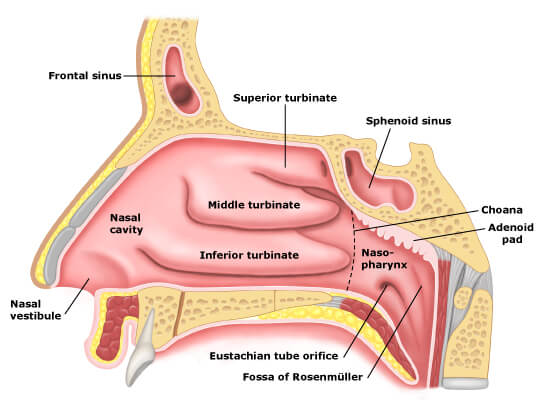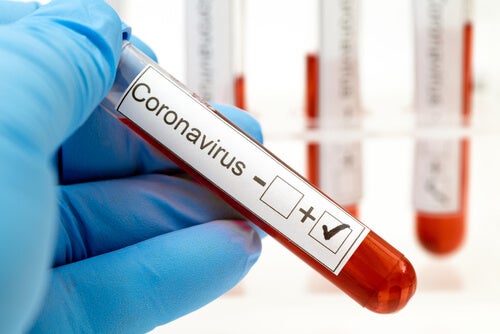Is a Loss of Smell a Possible Coronavirus Symptom?

Loss of smell and taste may be possible symptoms of coronavirus. For example, the Spanish Society of Neurology has issued a statement on the subject. They suggest that these symptoms should be a reason to self-isolate.
According to Spanish neurologists, there are other organizations in the world both in China and Germany that are asking health organizations to consider these symptoms. They even suggest that a person who has a sudden loss of smell these days should self-isolate for 14 days.
However, neither the World Health Organization (WHO) nor any national health ministries have confirmed the loss of smell and taste as symptoms. They haven’t included them in their diagnostic protocols for medical teams working on the pandemic.
According to Hendrik Streeck, director of the Institute of Virology in Bonn, Germany, this symptom is more frequent in young patients. In addition, there is more of a link between these symptoms and those who develop mild forms of the disease.
What causes a loss of smell?
Although we have mentioned the loss of smell and taste, it’s the former that’s most associated with the coronavirus according to this hypothesis. The medical term for the condition is anosmia.
A person suffers from anosmia when he or she can’t smell at all. The milder version is called hyposmia and is a reduction in the sense of smell. The general causes of this disorder are many, but its subjectivity makes it difficult to identify specifically.
Typically, a person may suffer from anosmia when they have a cold, sinusitis, or seasonal allergies. More worrisome cases are those who lose their sense of smell due to a brain injury – either a tumor or a vascular alteration – a stroke, or a cerebral stroke.
There’s no specific treatment for anosmia. Doctors will have to find and fix the root cause of the problem. Treatment depends on the cause. In the current situation of the coronavirus pandemic, we should be alert to these symptoms. However, there’s no specific protocol yet.

Read on: Common Myths about Coronavirus
Classic symptoms of coronavirus
First, it’s worth remembering what the recognized and clear symptoms of COVID-19 infection are. These signs, if they appear, require immediate consultation and isolation:
- Fever,
- Dry cough (shortness of breath appears in more advanced cases),
- Feeling weak.
What some medical associations in the world, including the British Ear, Nose and Throat Association, propose is to add loss of smell and taste as an initial symptom. Early detection, they say, would accelerate the diagnosis and allow patients to be isolated quickly to stop the spread.
Early detection is critical when trying to control this pandemic. The efforts of the entire world population in home confinement are intended to reduce the rate of spread of the coronavirus. This will help the health systems to gain time and ensure that they can effectively help those suffering from it.
If scientists confirm that loss of smell and taste are early signs of COVID-19 infection, then there’s one more sign we can look out for to make sure we self-isolate as soon as possible. However, until scientific studies using current research parameters corroborate this, we should take this information with a grain of salt.
Find out more: How the coronavirus affects the lungs
Other unusual symptoms
A draft of a scientific study conducted in China had already investigated atypical symptoms of coronavirus. In this case, it was about digestive symptoms.
According to the researchers’ report, almost 50% of the patients who underwent the study suffered from digestive symptoms during the course of their illness from COVID-19. The digestive problem that most people suffered from was diarrhea. Similarly, patients with digestive symptoms during their hospitalization were weaker and more lethargic than those who only had respiratory symptoms. The researchers assume that the dehydration due to diarrhea meant that these cases were more difficult to treat.

Should we consider the loss of smell and taste symptoms?
With the information we currently have, we must be cautious before considering loss of smell and taste to be symptoms of coronavirus infection. Although medical associations propose that we should identify these signs among those already identified, we should wait for confirmation from official bodies.
However, we’re currently living in uncertain times. So, for that reason, it wouldn’t be a bad idea to ask your doctor if you experience sudden anosmia that isn’t a symptom of any other condition that you suffer from. A health professional will be able to tell you if you need more tests or if it isn’t a cause for concern.
This text is provided for informational purposes only and does not replace consultation with a professional. If in doubt, consult your specialist.








